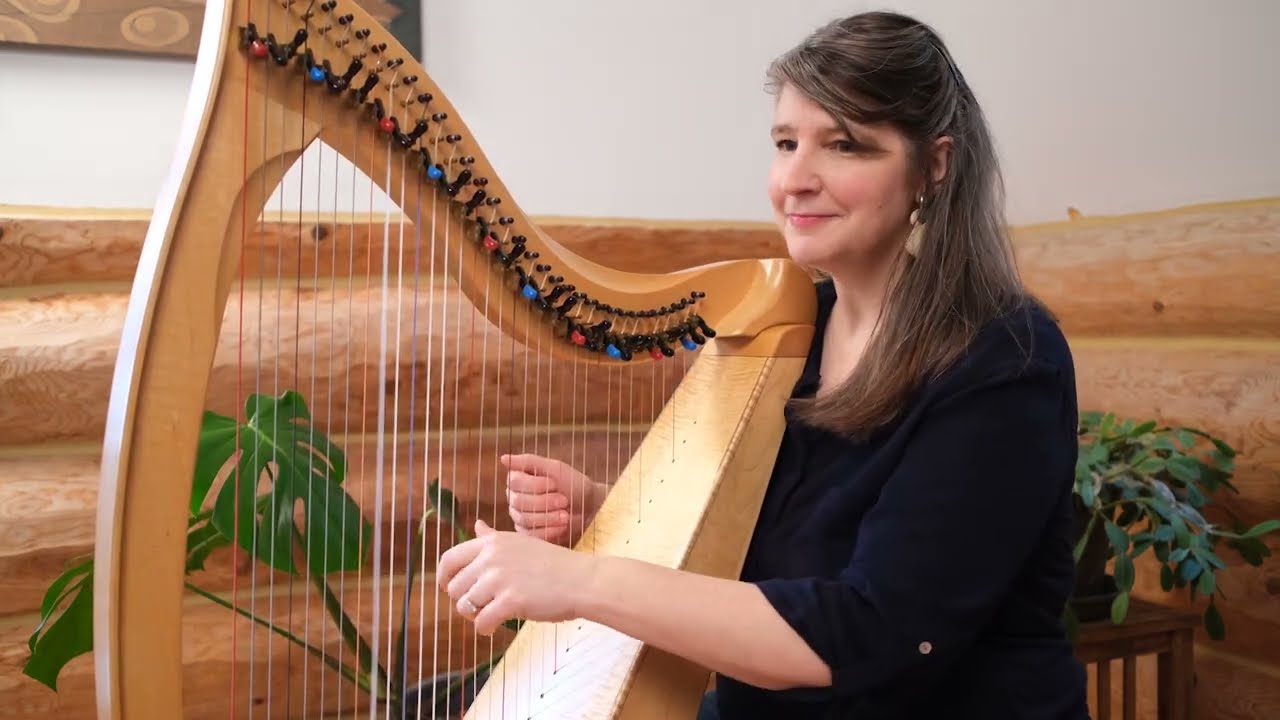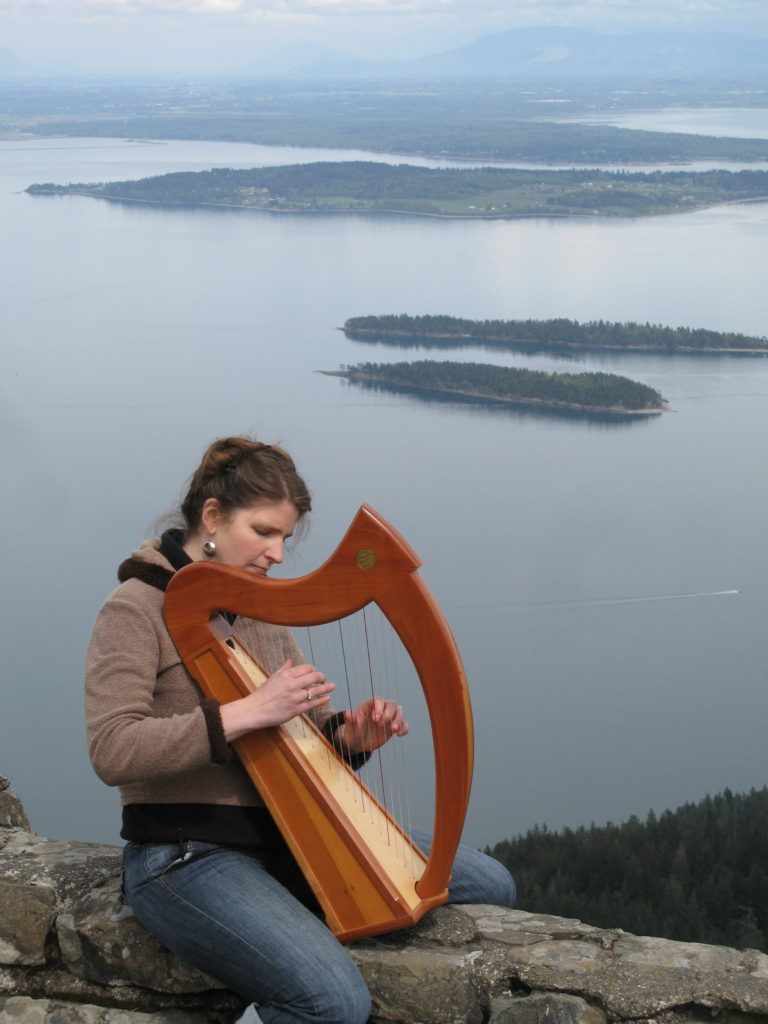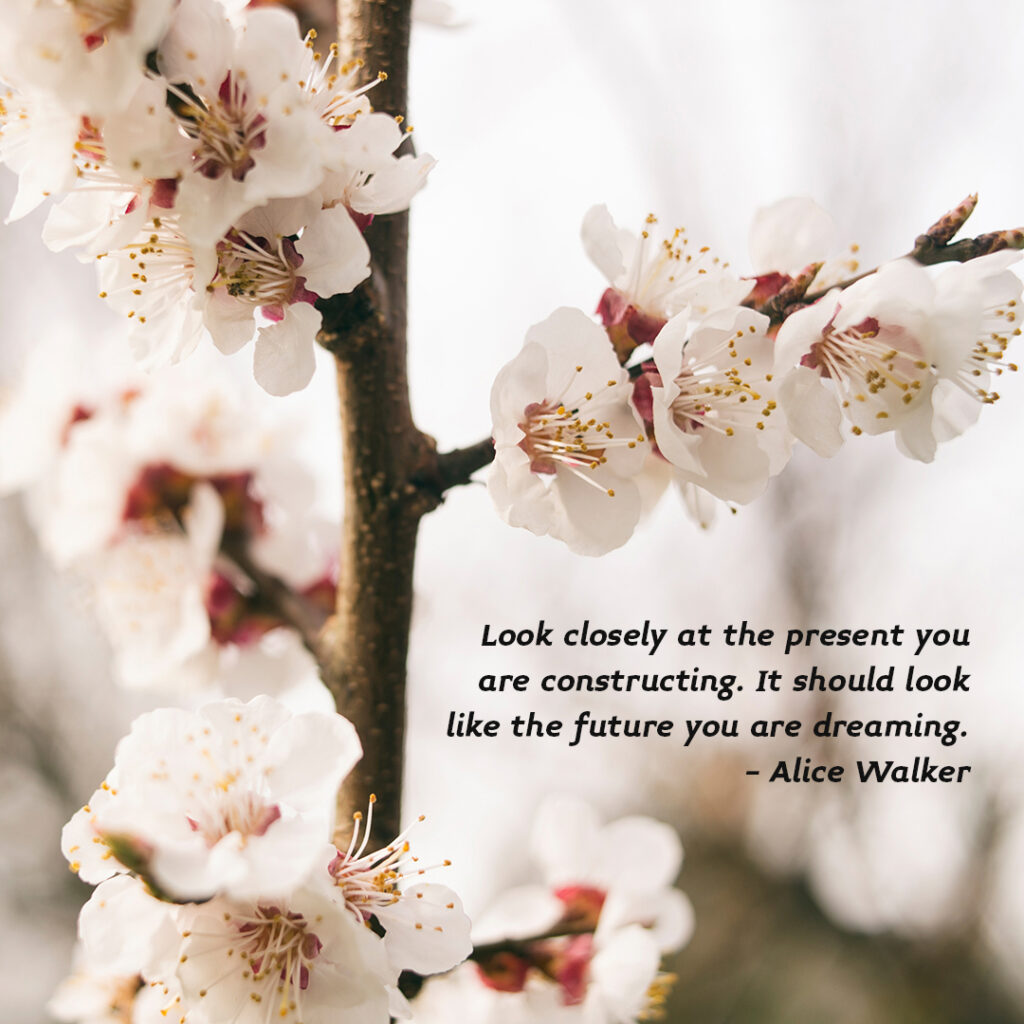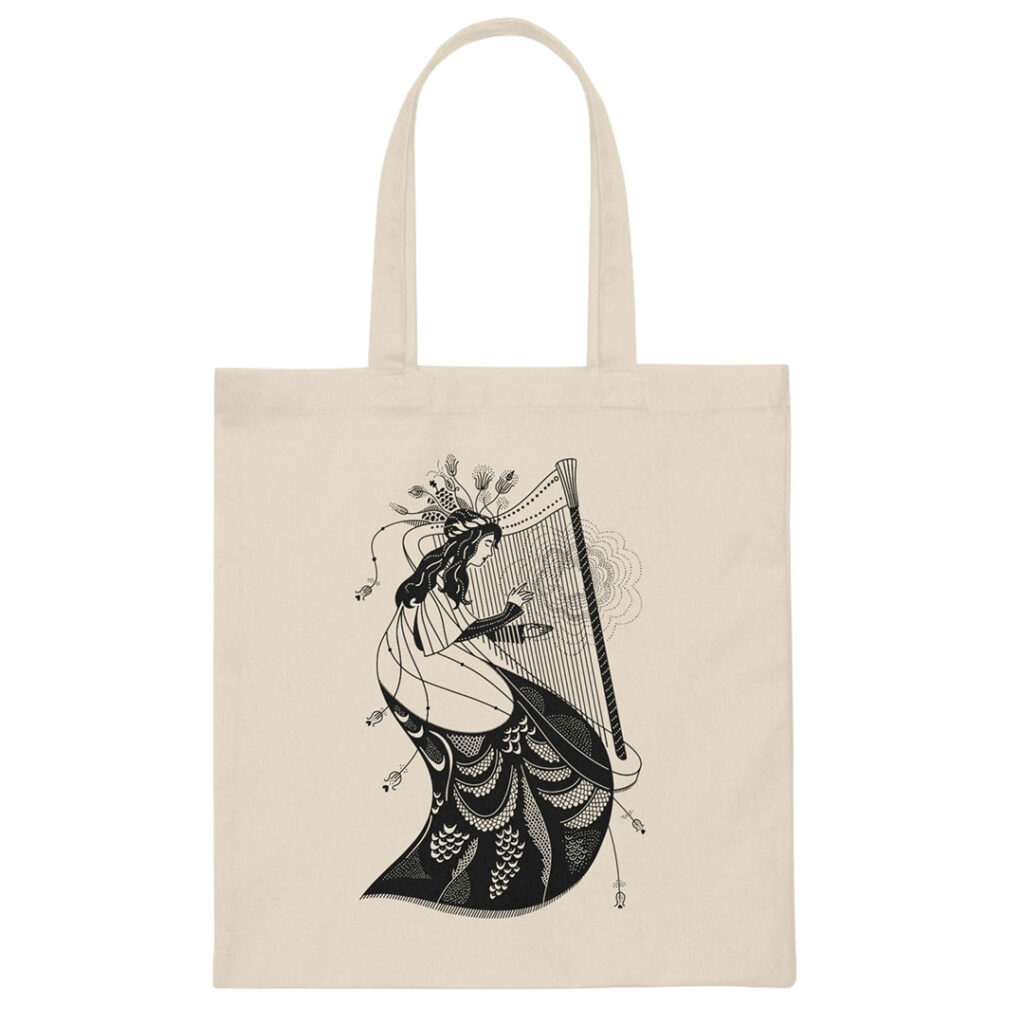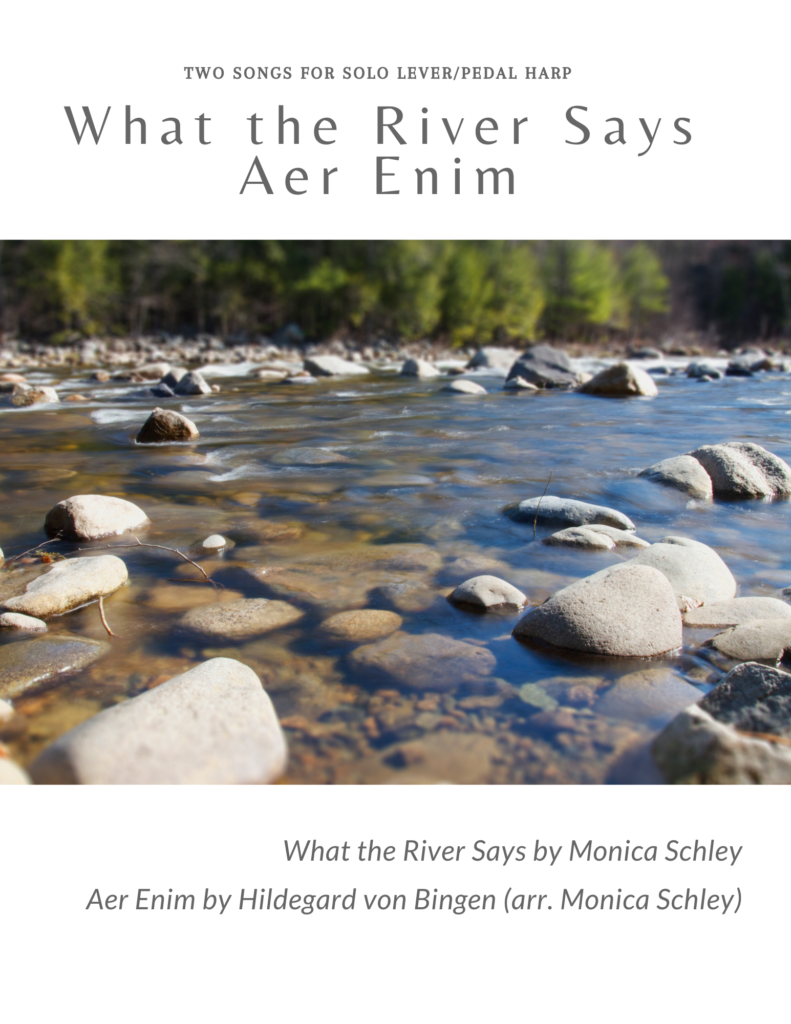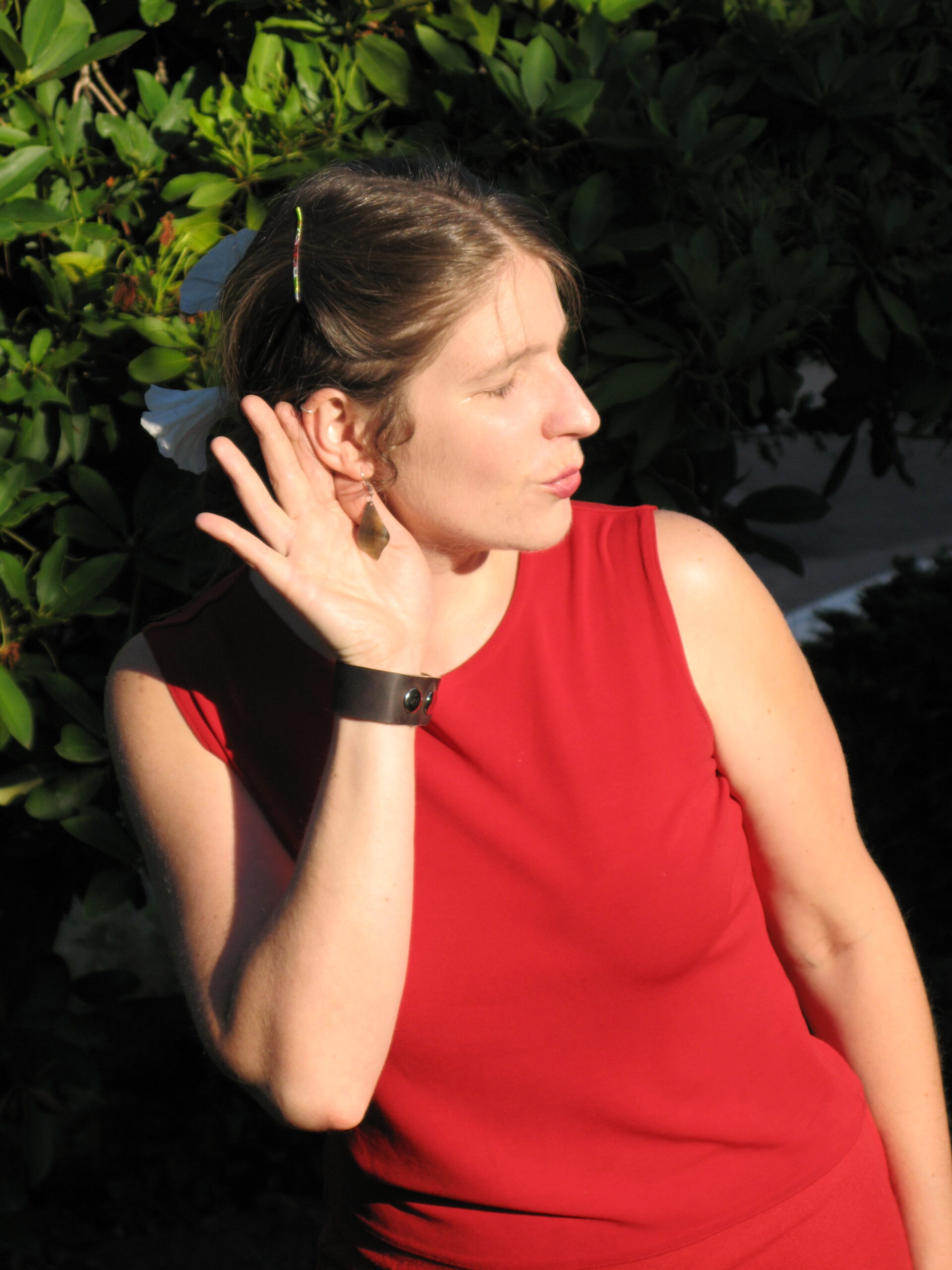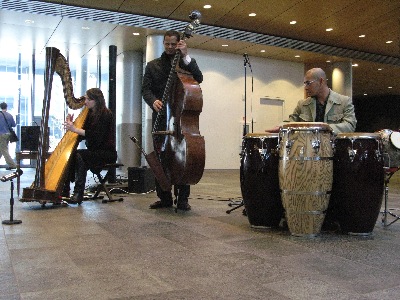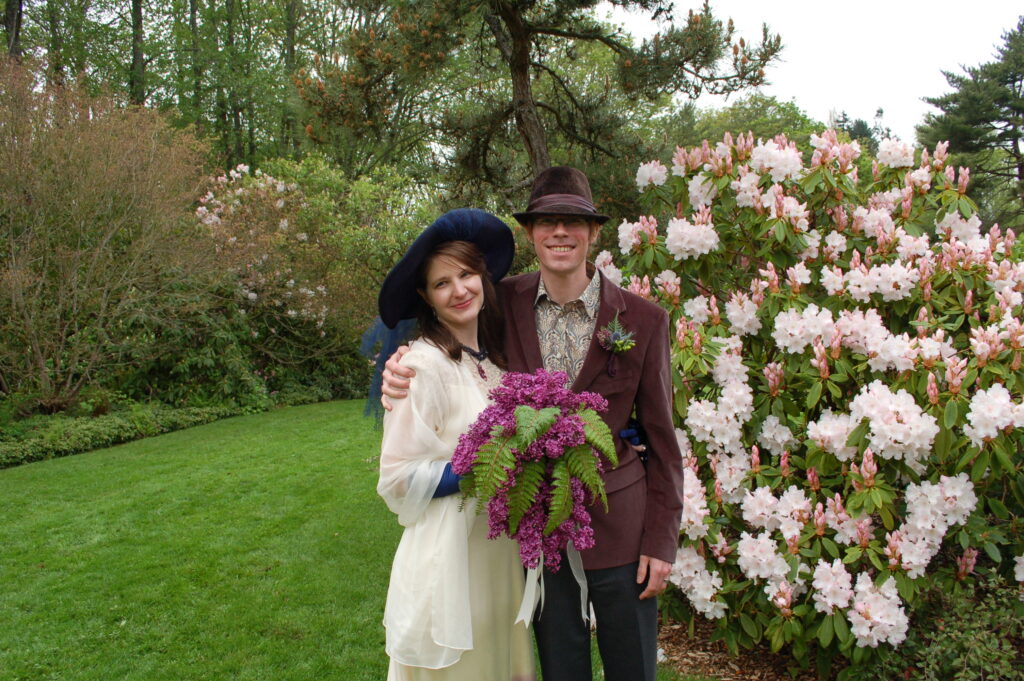this article is published in April 2025 issue of Musicland, newsletter of the Musicians Association of Seattle
Many musicians, especially those who have taken music history classes and read sheet music, are aware of who Hildegard von Bingen was. I was first introduced to Hildegard’s music as a teenager by my organ teacher, when I was playing for mass. Fast forward a few years, and I went to university where I heard about her again (in music history). I even ended up writing a paper on her. Thirdly, I came across Hildegard’s music when I played harp in hospital and hospice as a Certified Clinical Musician.
Who Was Hildegard von Bingen?
Hildegard von Bingen lived from 1098-1179 in Germany during the Middle Ages, at a time when education and literacy were controlled by the Catholic Church. Hildegard was “given” as a tithing to the church, not an uncommon practice of the time. When she was 14, she was sent to live a life of religious devotion in Disibodenberg.
At the convent, Hildegard prayed, wrote, and only had access to the outside world through the view of a single window. Despite her claim of lacking formal training in either the Latin language or music, Hildegard produced songs that were equal to those written by the most admired men of the Middle Ages. A woman of letters, she often communicated directly with clergy of the church, including Pope Eugene III, who encouraged her to continue writing music and poetry. She went on to write several books about religion, art, politics, philosophy, science, medicine, and herbs. By today’s standards she was a polymath: a mystic, a healer, an artist, a writer, and a scientist.
Learning How to Publish a Book of Sheet Music
A millennium after her living on Earth, we still hear her music being played. Most often, you can find her songs as the vocal motets she originally wrote them as. Yet still, I was surprised that sheet music for Hildegard’s music was not easy to find.
What I did find, by visiting both Seattle Public Library and King County Public Library archives, was a publishing house called simply: Hildegard Publishing. They put out transcriptions of Hildegard’s music in the 1980’s and 1990’s and helped make her songs more readable from the Medieval-written diamond-shaped neumes, to become modern looking notation. They appeared as high vocal music: in treble clef with lyrics (in Latin). However, they still lacked meter, chord progressions, and harmonies.
I decided to take a hand at what I thought was missing. I was learning how to publish a book of sheet music. I began with her song “O Frondens Virga” (O Flowering Frond). This was the first of her songs I had learned.
